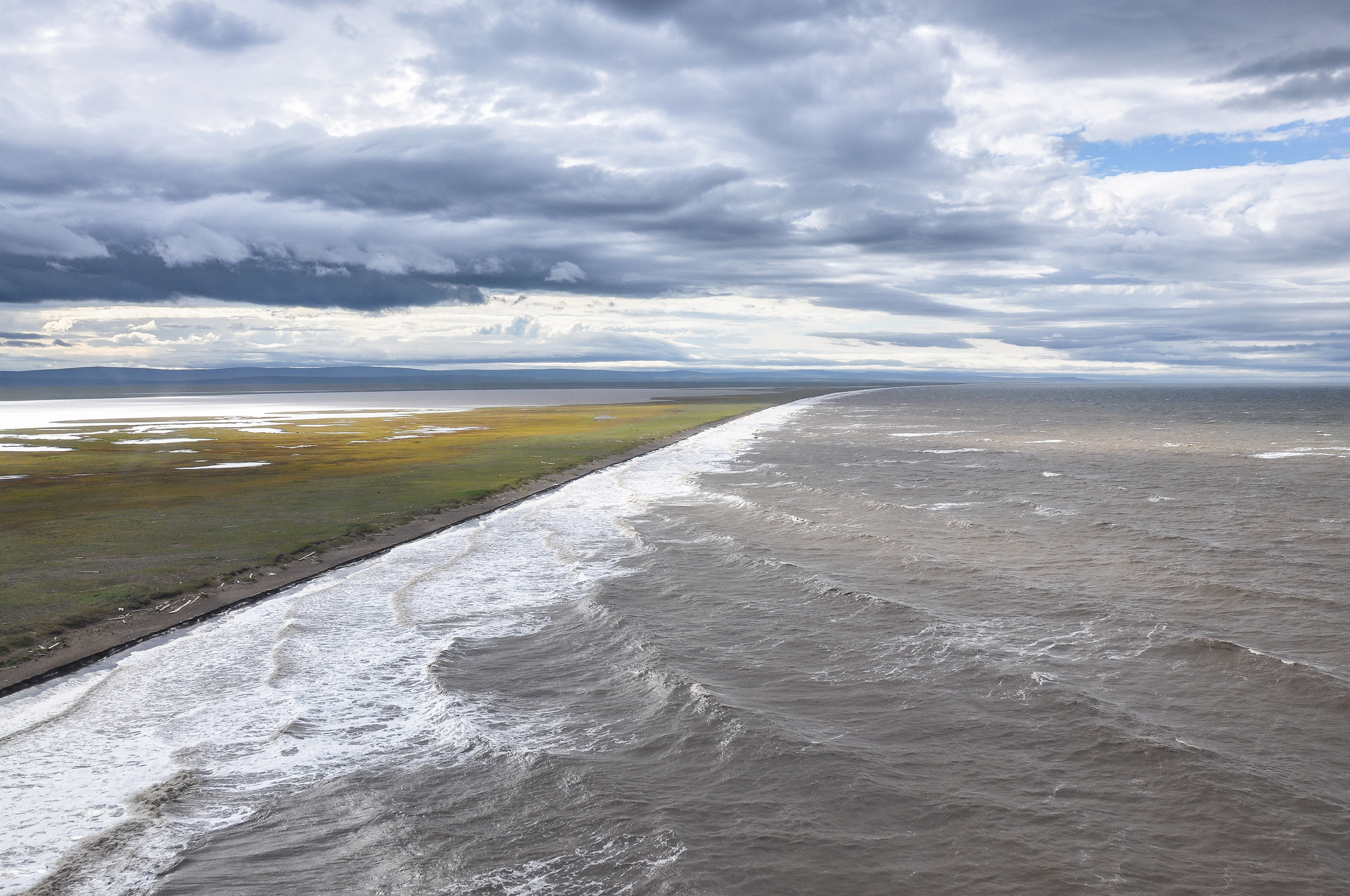The Biden administration should immediately ban heavy fuel oil in US Arctic waters
The incoming president could end a significant threat to Arctic ecosystems in a single stroke.

Editor’s note: This op-ed is part of a series offering Arctic policy recommendations to the incoming administration of President-elect Joe Biden. Follow our social media channels (Facebook, Twitter) or subscribe to our daily newsletter to be the first to read new installments.
It defies logic that the United States continues to allow the world’s dirtiest fuel oil to traverse our fragile Arctic waters. A Biden-Harris administration should act urgently to rid Arctic waters from the perpetual danger of a devastating oil spill by banning heavy fuel oil in U.S. regulated waters and then work with diplomatic allies to ban it Arctic-wide. Banning heavy fuel oil in U.S. waters would not only protect Indigenous and other coastal American Arctic communities from the fuel’s negative environmental impacts, but it would also help catalyze the clean energy transition in shipping, one of the world’s largest climate laggards. Recently, the International Maritime Organization approved a so-called ban on the use and carriage of HFO as fuel in Arctic waters, but it is a ban in name only as exemptions and waivers will potentially allow a majority of the HFO in use to continue for almost a decade. The U.S. showed leadership through their role in proposing the ban initially, but the result was far from what is needed. Action on HFO by the new administration would correct the IMO’s misstep and provide real protection from the hazards of HFO in U.S. Arctic waters.
Heavy fuel oil is a dirty and polluting fossil fuel that powers shipping throughout the world’s oceans — accounting for 80 percent of marine fuel used worldwide and nearly 70 percent of marine fuel carried in the Arctic (according to 2019 figures). Often called “residual fuel” because it represents one of the last products left when crude oil is refined, it is so thick that it must be heated before being burned in a ship’s engine. It’s typically the largest vessels that carry HFO, meaning that spills tend to be huge and devastating. The second largest oil spill in Alaska history occurred when the MV Selendang Ayu broke up in heavy weather near Dutch Harbor, Alaska killing six people and spilling 424,000 gallons of HFO. Because of the thickness of HFO, it does not evaporate and dissipate in the way the diesel fuel does. This means that HFO will clump, sink in cold water only to rise again if the waters warm, and it can be trapped in ice and pushed by the wind and currents to oil beaches hundreds of miles away.
As the climate crisis accelerates, Arctic warming increases sea ice melt and opens up Arctic waters further, meaning more vessels running on HFO are likely to divert to Arctic routes in search of shorter journey times. This, combined with increasing access to Arctic natural resources, has the potential to greatly expand the amount of HFO carried in the Arctic and the associated risks of spills in areas that are difficult to reach, and that lack the infrastructure to respond adequately.
Many communities that are most likely to be near the site of an HFO spill in the Arctic are also communities that depend on the subsistence harvest of fish and marine mammals for a significant portion of their food and a large spill could devastate fishing and hunting for years.
The reason HFO is so prevalent in the global shipping industry is that it is inexpensive, meaning that switching to cleaner fuels could result in higher costs to shipping companies. However, these costs do not appear to be linked to the costs of good delivered to Arctic communities because instances of low fuel costs have not resulted in lower prices of goods. Should the change result in higher costs to communities, the U.S. should be prepared to provide assistance, taking into account that even a small HFO spill would cost far more.
An added benefit to the banning of HFO would be a reduction in the emission of black carbon (or soot) by the shipping industry in Arctic waters. Reducing black carbon has the dual benefit of slowing near-term warming, as well as reducing a profound human health risk from particulate pollution.
Heavy fuel oil is a vestige of the past. It has no place in a healthy, livable planet, a safe and prosperous Arctic, or in a sustainable shipping industry. The Biden-Harris administration should ban it as soon as possible — something they can do quickly and through an executive order.
Jim Gamble is Arctic Program Director with Pacific Environment.
The views expressed here are the writer’s and are not necessarily endorsed by ArcticToday, which welcomes a broad range of viewpoints. To submit a piece for consideration, email commentary (at) arctictoday.com.